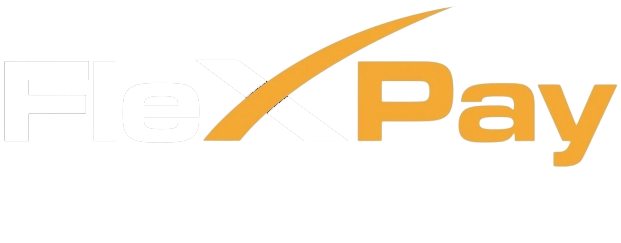Some Misconceptions
Many companies or employees are skeptical and refuse to adopt EWA due to some misconceptions and how it actually works. Let’s see realities rather than myths.
1. Availability of money leads to frivolous spending
Some may fear that employees will never save if they have instant access to the money they’ve earned. Weekly or monthly paychecks are better for long-term financial health. In reality, easier access to wages is definitely a better system.
Employees who don’t have easy access to their money could soon drown in debt, unpaid rent, overdue credit card payments, default on car leases, and accumulating bills that may carry stiff late fees and charges. In order to circumvent this situation, some employees also take refuge in payday loans which is financially dangerous due to extremely high interest rates going up to more than 350% APR.
Giving employees immediate access to their earned money grants them financial flexibility. Once they’ve dealt with their immediate economic concerns, they can focus more on the future and make prudent saving decisions. This is particularly important right now than ever before.
2. Workers may cash earned wages and run
Other businesses fear that EWA will lead employees to take their money as soon as they’ve earned it before leaving the job. They worry that they’ll be left without the workforce they need to meet consumer demand. To protect both the employer and employee, Flexpay never allows 100% EWA. It’s only a percentage of earned wage based on the employer’s acceptability. This ensures that even using the EWA program, the employee will always have to come back to the employer for a final settlement.
Furthermore, employers experience increased employee retention. Employees who can access money when they need, stick around with the same company for longer periods of time.
3. Financial advances are bad practice
It’s not uncommon for employers to avoid financial advances. They don’t like to pay money before it’s earned. What this fails to take into consideration is that EWA systems aren’t providing advances. Employees in the system are only entitled to access the money if they’ve already earned by working. They’re simply receiving part of their wages ahead of a scheduled payday, not receiving it before the work is undertaken.
A rigid payday system isn’t good for workers or employers. EWA systems allow both parties to come out on top without gaining an unfair advantage over the other. Moreover, with the Flexpay partnership, employers’ cashflow is intact while increased cashflow is available to employees.
4. This system will scare off new workers
Finally, some employers think that EWA will confuse prospective employees. They claim that an instant access system is too complicated for new employees to understand. The reality is that EWA systems are incredibly easy to understand and use. New workers—especially younger professionals—are happy to work with digital payment systems that give them access to money as soon as they’ve earned it.
Waiting around for payday is quickly becoming a thing of the past. Employers that want to be competitive when it comes to recruitment, need to listen to younger workers. Professionals and young generation are interested in digital payment systems that are flexible and fast—and that is where EWA excels.
Rejuvenate your workforce with EWA
We know how earned wage access works, who it benefits, and why it’s so attractive option for modern companies. Giving financial freedom to workers, and providing them with financial wellness through EWA is great for both employers and employees.
